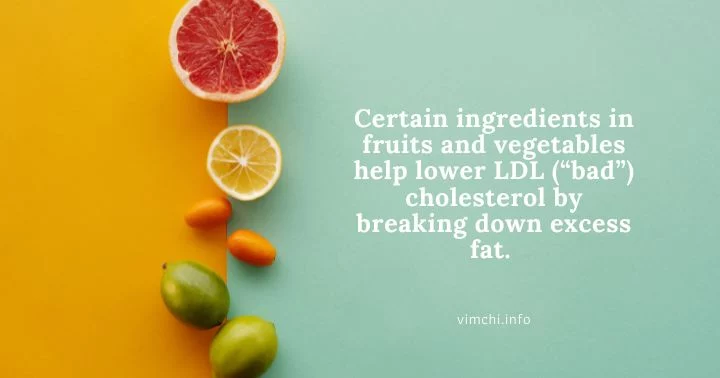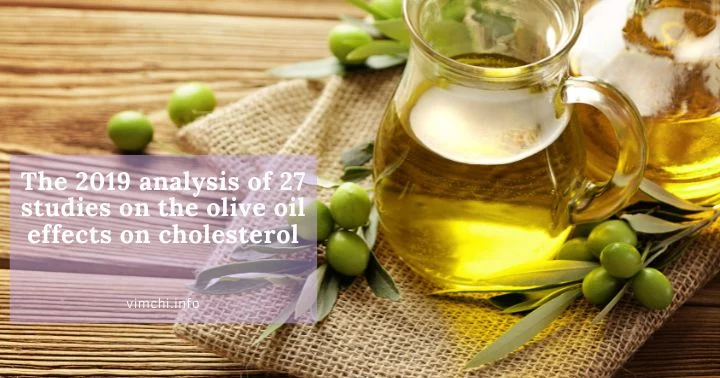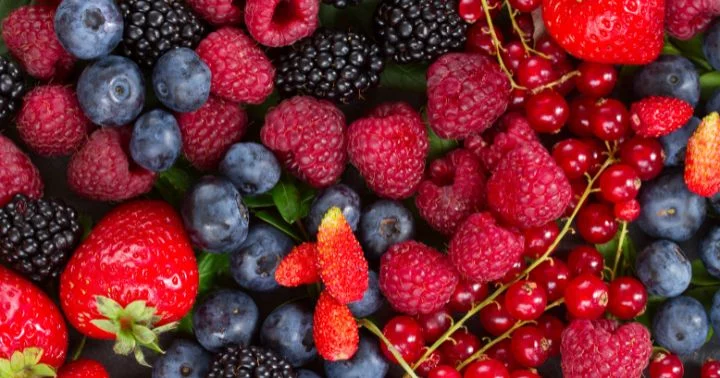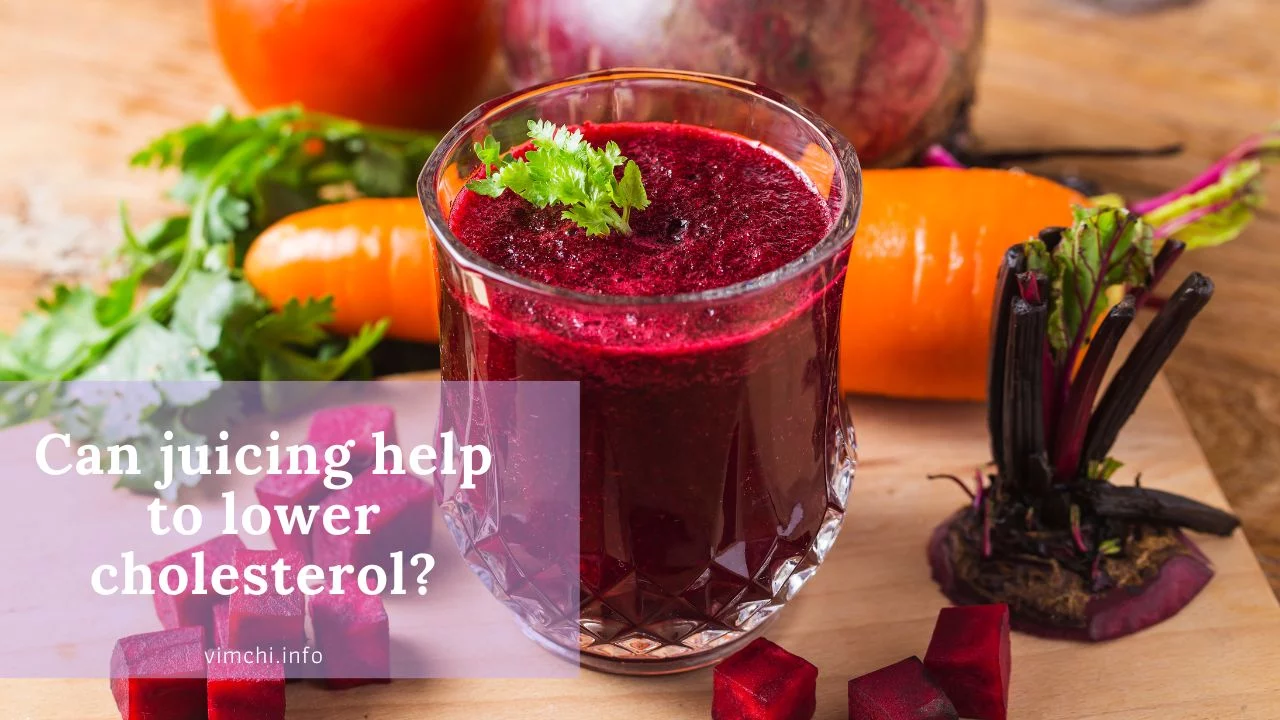Hello there! Recent studies indicate that adding fresh fruits and vegetables to your diet can be an effective way to reduce cholesterol. Hence, the popularity of juicing to lower cholesterol.
Adding some juices or making your own smoothies is one of the best ways to do this as they provide you with many vitamins and minerals, along with several weight-loss benefits.
In this post, let’s explore what juicing is and how it can help to lower cholesterol or flush it out of your body.
What is Juicing to Lower Cholesterol?

Certain ingredients in fruits and vegetables help lower LDL (“bad”) cholesterol by breaking down excess fat. This process happens through the enzymatic activity of the plant components.
Another important factor in lowering cholesterol is increasing fiber intake.
Consuming enough fiber may also contribute to weight loss because it helps promote bowel regularity. Unfortunately, most Americans are not meeting the national recommendations of 25 to 30 grams a day.
Why is cholesterol important?
Cholesterol is vital for your body. Your body needs it to perform vital jobs, like making hormones and building cells. Thus, you should not eliminate it altogether.
Rather, you just have a good balance of bad and good cholesterol.
Cholesterol travels through the blood on lipoproteins. There are two main types of lipoproteins — the good HDL and the bad LDL.
You need to up your HDL cholesterol. If there’s too much of the bad one, it can accumulate in your blood vessel walls causing plaque.
The good HDL carries cholesterol back to the liver to be flushed from the body. Because it doesn’t stick to the blood vessels, it won’t cause plaque that can lead to heart disease and stroke.
How Can Juice Help to Lower Cholesterol?

Almost half of all Americans are now living beyond their LDL (“bad”) cholesterol levels, which is why more and more people are experimenting with diets that reduce or even eliminate sugar and processed foods.
Some studies show that green juices can help you meet your HDL (“good”) cholesterol goals as well as lowering your total cholesterol.
But what if I told you that there’s a way to make this easy drink even healthier?
That’s right – add some olive oil!
The 2019 analysis of 27 studies on the olive oil effects on cholesterol. It turned out that this oil could decrease total cholesterol and bad cholesterol, as well as triglycerides while increasing HDL.
However, the lowering effect on LDL must be paired with the Mediterranean diet. This diet includes a lot of olive oil.
The researchers also noted that olive oil is high in polyphenols, which may be the cause of an increase in HDL.
In that case, the type of olive oil matters.
Each type of olive oil has a varying polyphenol content. If you want the highest levels, consider extra virgin olive oil because it undergoes the least processing.
Olive oil has many uses including cooking, salad dressing, and moisturizing body tissues.
Helpful Tips for Juicing to Lower Cholesterol
- Use beets. They are high in vitamin B folate. As a result, they can help in lowering homocysteine levels in the blood. They can prevent plaques from hardening, which increases your blood pressure.
- Opt for berries: You can choose strawberries, raspberries, or blueberries. They are high in polyphenols that can lower damaging free radicals flowing through your blood. Remember that free radicals can be harmful to your heart’s health.
- Chose red grapes. They contain resveratrol, which is an excellent ingredient that prevents platelets from sticking to each other to stop cardiovascular issues.
- Add green veggies. Spinach and kale are good options. They are high in fiber which can help lower cholesterol in the blood.
- Blend pity, chia, and acai. They are high in omega fatty acids that can also be useful for your heart health.
Juicing for Nutrition
Juicing lets you add some fruits or vegetables to your diet to achieve nutritional benefits.
Most people start drinking the juice as an afternoon beverage, but soon it becomes part of their daily routine. Some people even drink only juices due to the emphasis on healthy nutrients.
There are many health claims related to adding more fruit to your diet, so depending on what symptoms you are experiencing and your personal preference, this can be a good way to boost your overall health.
Drinking enough liquids is important to keep your body hydrated and working properly. Therefore, if you’re looking to improve your health by eating more fruits and veggies, then try to also increase your liquid intake.
Are there any health concerns with juicing?

Green juice is a refresher after a yoga class or extreme strength training session. However, just because it comes from a veggie or a fruit, it doesn’t necessarily mean that it’s healthy or harmless.
A juice is benign. But some fruits can interact with your medicines.
For instance, grapefruit juice is known to interact with Lipitor. It’s a drug to lower blood pressure. According to the FDA, this juice can increase the amount of this medicine entering the blood. As a result, it can enhance its effects.
Furthermore, juices from leafy greens contain a high amount of vitamin K. This type of vitamin is helpful. However, if you take too much of it, it can counter blood thinners. They are often given after a stroke.
Leafy greens are high in vitamin K. They are also commonly used in green juices.
However, it doesn’t mean that you must forget vitamin-K-rich vegetables or fruits. Instead, you simply have to keep your intake consistent.
There have been some studies that suggest drinking enough juices may not be the best way to use antioxidants in your diet.
Researchers say that because most of the vitamins from fruits are found only in dried fruit or as pure ingredients in supplements, it may be better to rely on eating berries and other vegetables instead.
Some people can’t tolerate fruits raw or don’t like them, so the juice is the more practical approach. Because the process of extracting liquid removes many of the nutrients and chemicals that contribute to the flavor, people who aren’t very picky can avoid excessive amounts of natural sugar.
What does the research say?
Recent studies show that adding fresh fruits and vegetables to your diet can be effective in lowering cholesterol, especially LDL or “bad” cholesterol.
Some people believe that eating only carrots is going to help you, but we should know by now that one food alone doesn’t work. Adding more fruits and veggies into your daily diet can improve your overall health and nutritional status.
It may even play an important role in lowering blood lipid levels of cholesterol. Many different foods contribute to lower cholesterol, not just carrots. Berries are a perfect example of this!
Berries like strawberries, blueberries, and raspberries contain flavonoids that reduce oxidized (or burnt) lipids in the body. Oxidized fats have been linked to higher total cholesterol and increased risk for cardiovascular disease.
Can I reduce medication?
NO! You should not attempt to reduce medication just because you have been juicing as part of your lifestyle.
You should consult with your doctor first. If indeed, your cholesterol has been normalized, your doctor may recommend lowering the dose of your medication.
But you must not stop taking your medication without first consulting your physician. It will only do more harm than good.
You can still continue drinking fruit or vegetable juice while taking medication, as long as the juices won’t interact with your medication. Talk to your doctor about it.
What does the science say?
Recent studies show that adding fruits and vegetables to your diet can be an efficient way to lower cholesterol. Plus, there are plenty of health benefits to eating fresh produce!
Many theories exist about how cholesterol gets in our blood. To really know what works as a solution, we must first understand these theories.
One theory is called the “essential fatty acid” hypothesis. This says that some omega-3 fats found in foods (such as alpha-linolenic acid or ALA) help reduce LDL (or bad) cholesterol by altering the balance of hormones in your body.
Another theory is known as the “bile acid” hypothesis. Bile is a fluid mostly made of bile salts that help digestion begin. When you eat food, most of what is left over becomes feces. Some of this leftover bile is reabsorbed into your digestive tract and stored in your liver.
When your liver receives a large amount of bile it releases more LDL onto your bloodstream to neutralize the bile.
If you want to decrease levels of LDL, then you need to increase your intake of bitter foods as they are great at stimulating bile production. In that way, your liver doesn’t have to work as hard to process it.
Have You Tried Juicing Yet?
I’ve tried juicing but I don’t drink it regularly. I don’t have a problem with my blood cholesterol levels (yet). How about you? Have you tried juicing to lower cholesterol? Is it effective in your case? Please let me know in the comments below.

Speak Now ... Or Forever Hold Your Peace